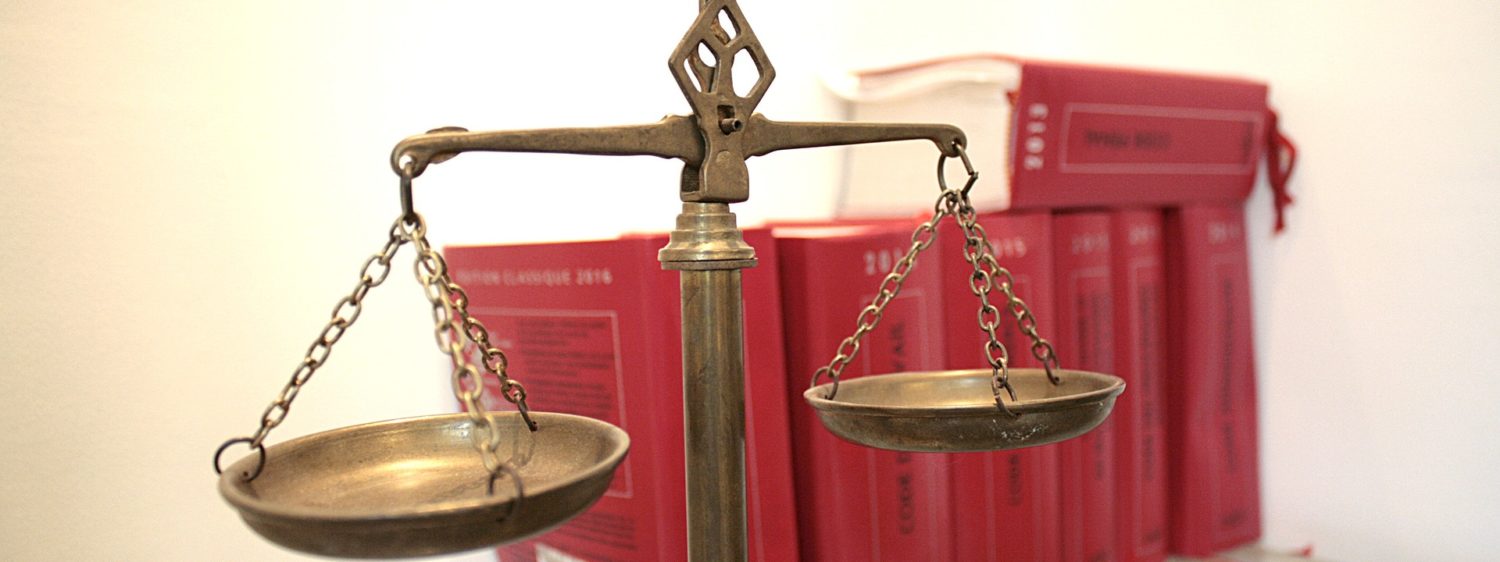
If you’ve been in an accident and have filed a personal injury claim, you’ll need Judd Shaw Injury Lawyer in Toms River, NJ. An injury lawyer is a person or entity that will represent you in your claims against an insurance company. They will review your medical bills and work to calculate the value of your claim. They will also perform an investigation and prepare interrogatories and depositions for you to present in your case.
Investigations by a personal injury lawyer
The purpose of personal injury investigations is to determine who is responsible for an accident. The evidence is crucial to determining the cause of an accident and the severity of the damages.
A good personal injury lawyer will conduct a thorough investigation of the circumstances surrounding your case. This will enable him or her to uncover and present all the pertinent information. The results of the investigation may be used in court to support your case.
The process can be lengthy, especially if the accident involves multiple parties or if there are large amounts of paperwork involved. This is why it’s important to hire a lawyer with experience in personal injury cases.
Preparation of interrogatories and depositions
When you’re representing a client who is suffering from injuries caused by an accident, you will need to prepare interrogatories and depositions. These documents are a part of the discovery phase of the lawsuit. They are intended to help you discover important information about the other side’s case.
You must first prepare a list of questions that you want to ask. Your lawyer can also help you come up with a strategic approach for asking the questions.
Answers to interrogatories are sworn under oath. Usually, these statements are recorded in a video or audio format. In a typical personal injury case, you may be asked to provide documents such as your medical records and insurance policies.
Review of medical bills
If you’re looking for proof of a personal injury claim, a review of medical bills is a good place to start. Insurance companies will keep an eye on these types of documents. If your insurer refuses to pay your bills, a well-versed personal injury attorney can help you get your money back. They’ll also help you decide on which claim to file, and whether it’s worth the hassle.
One of the easiest ways to gauge the value of your medical bills is to find out what’s the usual rate of reimbursement from your insurance company. In most cases, insurers will not pay full medical bills, but if they do, you’ll have to prove your case to them.
Calculating the value of a personal injury claim
The value of a personal injury claim depends on many different factors. These can include the amount of time you’ve been out of work, your health, the severity of your injuries, and the amount of medical bills you have incurred. In some cases, a permanent injury may prevent you from returning to your job.
A personal injury claim is a legal action that you can file if you’ve been injured in an accident. You may be able to receive damages for pain and suffering, lost wages, and other losses. In addition to these, you may be able to recover for emotional trauma.
Punitive damages
Punitive damages are an award of money intended to deter and punish a person for egregious behavior. Unlike compensatory damages, which are intended to compensate a plaintiff for physical injuries or lost wages, punitive damages are often awarded for actions which are willful or wanton.
Punitive damages are intended to deter future wrongful acts and serve as an example for others. However, courts typically only award punitive damages when it is determined that the defendant’s conduct was willful and reckless.
Some states have laws that limit the amount of punitive damages that may be awarded. These caps can be in the form of a formula or an explicit monetary cap. In California, for example, the total amount of punitive damages cannot exceed three times the compensatory damages.
